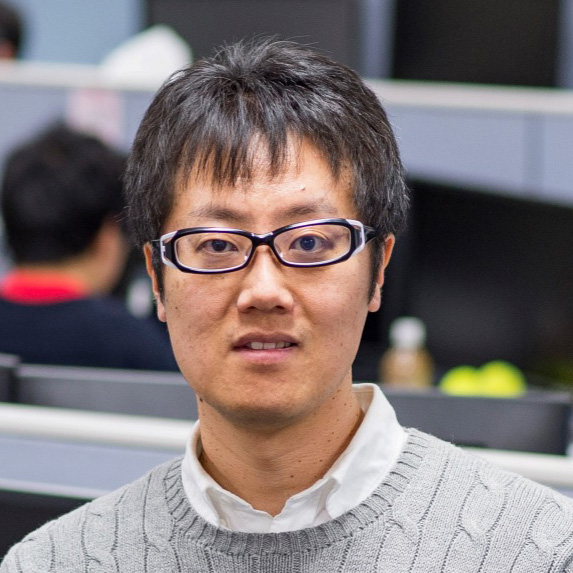 Prof. Takuya Maekawa
Prof. Takuya Maekawa
Osaka University, Japan
“Machine Learning-assisted Animal Activity Sensing and Understanding”
Abstract. In this talk, our project related to AI-assisted systems for studies on animal navigation is presented. To elucidate the navigation ability of animals such as birds and mammals, biologists measure behaviors of the animals by attaching sensor loggers (e.g., GPS, acceleration, and camera loggers) to the animals, and then analyze the measurements to discover new findings or prove hypotheses. However, due to the restriction of the mass of the loggers, the running time of highly functional loggers (e.g., camera loggers) is limited, making it difficult to capture interesting animal behaviors. In addition, manual analysis of collected behavioral data (e.g., GPS trajectories) by biologists is burdensome because they need to analyze a large amount of behavioral data to acquire new discovery. In this talk, our AI-enabled bio-loggers to target potential interesting behaviors and explainable AI to support knowledge discovery from animal behavioral data are introduced.
Bio. Takuya Maekawa is an Associate Professor in the Graduate School of Information Science and Technology, Osaka University. He received his bachelor degree from School of Engineering, Osaka University in 2003. In 2004, he received his master degree from Graduate School of Information Science and Technology, Osaka University. In 2006, he received his doctor degree (Information Science and Technology) from Graduate School of Information Science and Technology, Osaka University. After that he worked for NTT Communication Science Laboratory for six years. He was awarded the IPSJ/IEEE Computer Society Young Computer Researcher Award on the topic of zero-shot and few-shot unobtrusive context recognition for pervasive computing in 2019. He published many full papers in top-tier conferences such as Ubicomp, Percom, AAAI, ISWC, WWW, and SIGIR. He served on the technical program committee of top-tier conferences (PerCom, UbiComp, ISWC, IJCAI as SPC). His research interest includes sensor-based context recognition techniques for pervasive/ubiquitous computing.
 Dr. Jörn Plönnigs
Dr. Jörn Plönnigs
IBM Research - Dublin, Ireland
“ A Neuro-symbolic Approach for IoT Applications”
Abstract. Automatically applying AI techniques to IoT applications is key given the exponential growth of data. This asks for an AI approach that can integrate methodical and domain knowledge which can be tackled by combining semantic models, machine learning and optimization. The talk presents such a neuro-symbolic approach which enables data scientists and domain experts alike to access insights trough Digital Twins. The benefits of the approach will be demonstrated on different real-world datasets ranging from Industry 4.0 over supply chains, to Covid 19.
Bio. Jörn Plönnigs is the IBM Research lead for “AI for Digital Twins”. His goal is to enable autonomous, highly scalable, and accessible IoT solutions for a sustainable future. He tackles it by developing AI solutions for IoT applications using machine learning and semantic models as well as natural interfaces. Prior to joining IBM in 2012, he was leading a junior research group at the Technical University Dresden, Germany, and the data analytics group of the Irish strategic research cluster ITOBO as Feodor-Lynen fellow of the Humboldt-Foundation. He holds a master in electrical engineering as well as a PhD and a Habilitation in computer science from Technical University Dresden. He is program committee member of several renowned international conferences and journals, founding editor of the IEEE IoT Magazine and board member of the IEEE IoT initiative.
